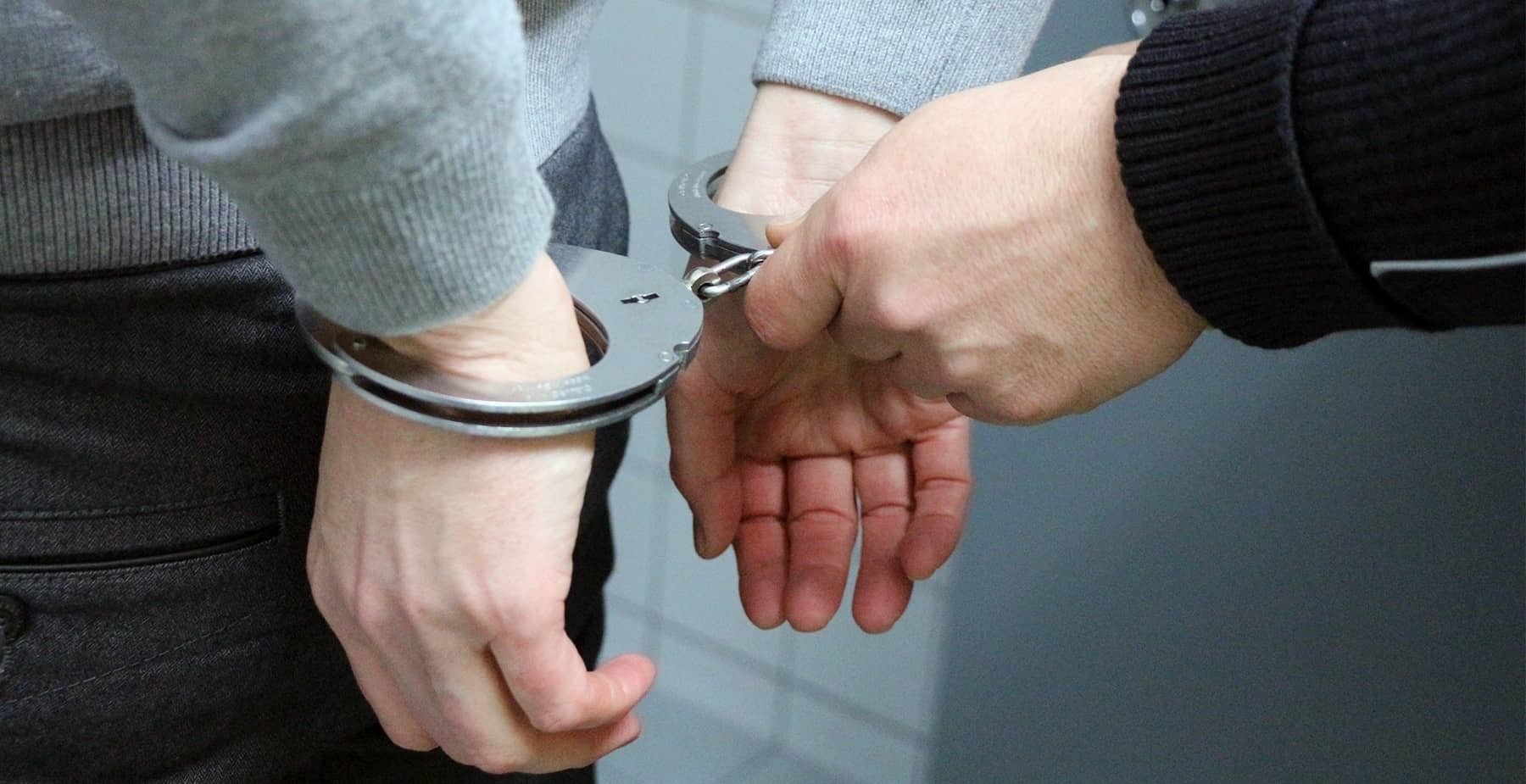Domestic violence cases are often among the most emotional and complicated of all criminal cases. There is a lot at stake if you are convicted of a domestic violence crime. The parties that are involved often have conflicting accounts and interpretations of what transpired. In addition, if you have been arrested on suspicion of domestic violence, you may be subjected to harsh judgment by family members, friends and your community.

You may be viewed as “guilty” even before you’ve had a chance to tell your side of the story and be vindicated. Above all, you face serious consequences including losing your job, livelihood and custody of your children. If you have been charged with domestic violence, you need an experienced California domestic violence defense lawyer who will examine all facts thoroughly, sift through the evidence to gain a solid understanding of what occurred, and provide you with an effective defense strategy.
Even an allegation of domestic violence can have devastating consequences. Sadly, during a contentious divorce, it is not uncommon for one spouse to accuse the other of abuse to gain the upper hand in a legal dispute. As experienced California domestic violence defense lawyers, we understand these types of cases and work diligently to ensure that you have superior legal representation.
For those who need help we offer a free initial consultation with a knowledgeable Orange County criminal defense lawyer. Simply fill out the contact form on this page to get started.
Understanding California Domestic Violence Laws
Under California Penal Code Section 13700, “domestic violence” is abuse committed against an intimate partner. A person is said to have committed “abuse” when he or she intentionally or recklessly uses or threatens to use physical force against an intimate partner. There are specific laws in California that distinguish domestic violence from other types of violent crimes such as assault and battery.
California Penal Code 273.5 makes it a crime if the victim has suffered “traumatic bodily injury,” which is defined as an external or internal injury caused by physical force. An “intimate partner” in domestic violence cases might include spouses, former spouses, fiancés or former fiancés, couples that are living together, couples that used to live together, couples that are dating and couples that dated in the past. Under the California Family Code, there is a long list of individuals who could be considered victims of domestic violence in addition to intimate partners. These individuals may include the defendant’s children, siblings, half-siblings, parents, grandparents, grandchildren, aunts, uncles, nephews and nieces.
Types of Domestic Violence and Abuse
Some of the most common types of domestic violence cases may involve allegations of physical abuse, battery, threats and neglect. Domestic violence might be charged as a misdemeanor or as a felony depending on the circumstances of the offense, the nature and extent of the victim’s injuries and the defendant’s prior criminal record. Here are some of the common examples of domestic violence crimes that could result in serious consequences:
Corporal Injury (PC 273.5): This refers to bodily injury regardless of how minor the injury may be. Such offenses are typically charged as a felony. Potential penalties range from one year in county jail to four years in California state prison.
Domestic battery: Under PC 243(e)(1), it is a misdemeanor to inflict violence on an intimate partner. In order to be charged with this offense, the alleged victim does not even have to show signs of visible injuries. Penalties could include a fine of up to $2,000, one year in county jail and enrollment in a batterer’s program.
Child abuse: Under PC 273d, it is illegal to inflict injury on a child. This refers to any punishment that is considered “cruel” or causes injury. This offense is punishable by up to three years in state prison depending on the nature and severity of the circumstances and the defendant’s criminal record.
Child endangerment: Under PC 273a, it is against the law to endanger the well-being of a child by putting the child in a dangerous position. An example might be driving under the influence with a child passenger or leaving the child with a person who is known to be an abuser.
Elder abuse: California Penal Code Section 368 makes it a crime to inflict physical or emotional abuse on a person 65 years of age or older. Elder abuse might include inflicting injury or neglecting or endangering the welfare of that person. Financial fraud also falls under the category of elder abuse. Elder abuse may be charged as a misdemeanor or felony depending on the severity of the circumstances. A felony conviction could result in up to four years in state prison.
There are also other laws that prevent individuals from making criminal threats; harassing or stalking; damaging a phone line or other communications equipment and trespassing. It is also illegal to post sexually explicit or harmful information about a current or former partner or spouse online.
Consequences of Domestic Violence Convictions

In addition to jail time and restitution, a domestic violence conviction may have other serious life-changing consequences as well:
Restraining orders: You may be facing temporary or permanent restraining orders or an emergency protective order that might not allow you to enter your home or see your children.
Loss of child custody: You may lose custody of your children and not be able to see them. Domestic abusers are usually not allowed to get custody of their minor children despite being able to get visitation rights. Visitation will often be supervised.
Loss of gun rights: A domestic violence conviction in California will automatically result in the loss your right to own or possess a firearm. You may not be able to recover your rights. For example, a misdemeanor conviction will generally result in a 10-year firearms ban. But, if the misdemeanor involved corporal injury on a spouse or partner, you could lose your gun rights for life.
Permanent record: A California domestic violence conviction will go on your permanent criminal record. The conviction will show up anytime someone does a routine background check. This could make it difficult for you to get a job, obtain a professional license, housing or other benefits.
Fighting the Charges

At the Law Office of Ashley Daniel, we understand the serious repercussions domestic violence charges may have not just on you, but also other innocent family members such as children. If you have been accused, please call us today to speak with criminal defense lawyer Ashley Daniel and find out how we can help you. We offer free consultations and comprehensive case evaluations.
